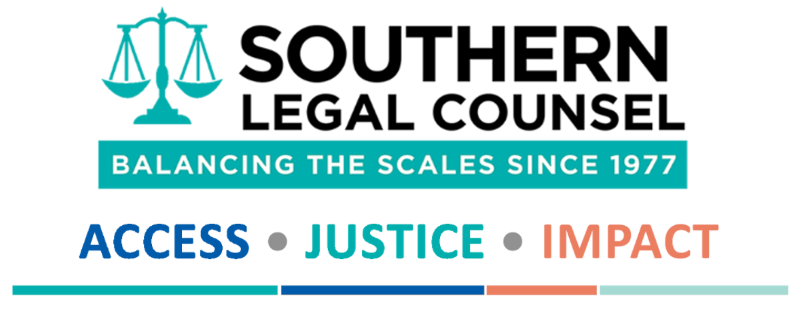What is a Health Care Surrogate Designation?
- This is a legal document that makes the wishes of the adult with developmental disabilities known for how they would like to have certain medical situations handled if they become incapacitated and cannot make their own decisions.
- This is a very important document to have the adult with developmental disabilities think through so they can make their wishes known if something happens to them. It is incredibly difficult for family members or friends to make these decisions later if these wishes are not known in advance.
- The medical directive can be taken back by the principal at any time if their wishes change. This can be done verbally or in writing. This provides flexibility as the principal can easily change things as needed if their situation improves over time.
How does this compare to Supported Decision Making?
Powers of Attorney and Health Care Surrogate Designations can be used alone or as part of Supported Decision Making (SDM) plans.
SDM allows a person with a disability ("decision maker") to appoint people they trust ("supporters") to help them make decisions. Each decision-maker is different. Each decision-maker has their own preference for how they want to be supported. Supporters generally give decision-makers advice rather than acting for them. But a decision-maker might ask their supporters to do certain things for them. For example, a decision-maker may want their supporter to deposit checks for them or make certain medical decisions. A decision-maker could accomplish this by signing a power of attorney or health care surrogate designation in addition to a Supported Decision-Making Agreement.
The Supported Decision-Making Agreement (SMDA) would then detail what the supporter will do. The power of attorney and/or health care surrogate designation would give the supporter the additional legal authority needed to actually do it. Read more about Supported Decision-Making.
SDM allows a person with a disability ("decision maker") to appoint people they trust ("supporters") to help them make decisions. Each decision-maker is different. Each decision-maker has their own preference for how they want to be supported. Supporters generally give decision-makers advice rather than acting for them. But a decision-maker might ask their supporters to do certain things for them. For example, a decision-maker may want their supporter to deposit checks for them or make certain medical decisions. A decision-maker could accomplish this by signing a power of attorney or health care surrogate designation in addition to a Supported Decision-Making Agreement.
The Supported Decision-Making Agreement (SMDA) would then detail what the supporter will do. The power of attorney and/or health care surrogate designation would give the supporter the additional legal authority needed to actually do it. Read more about Supported Decision-Making.

